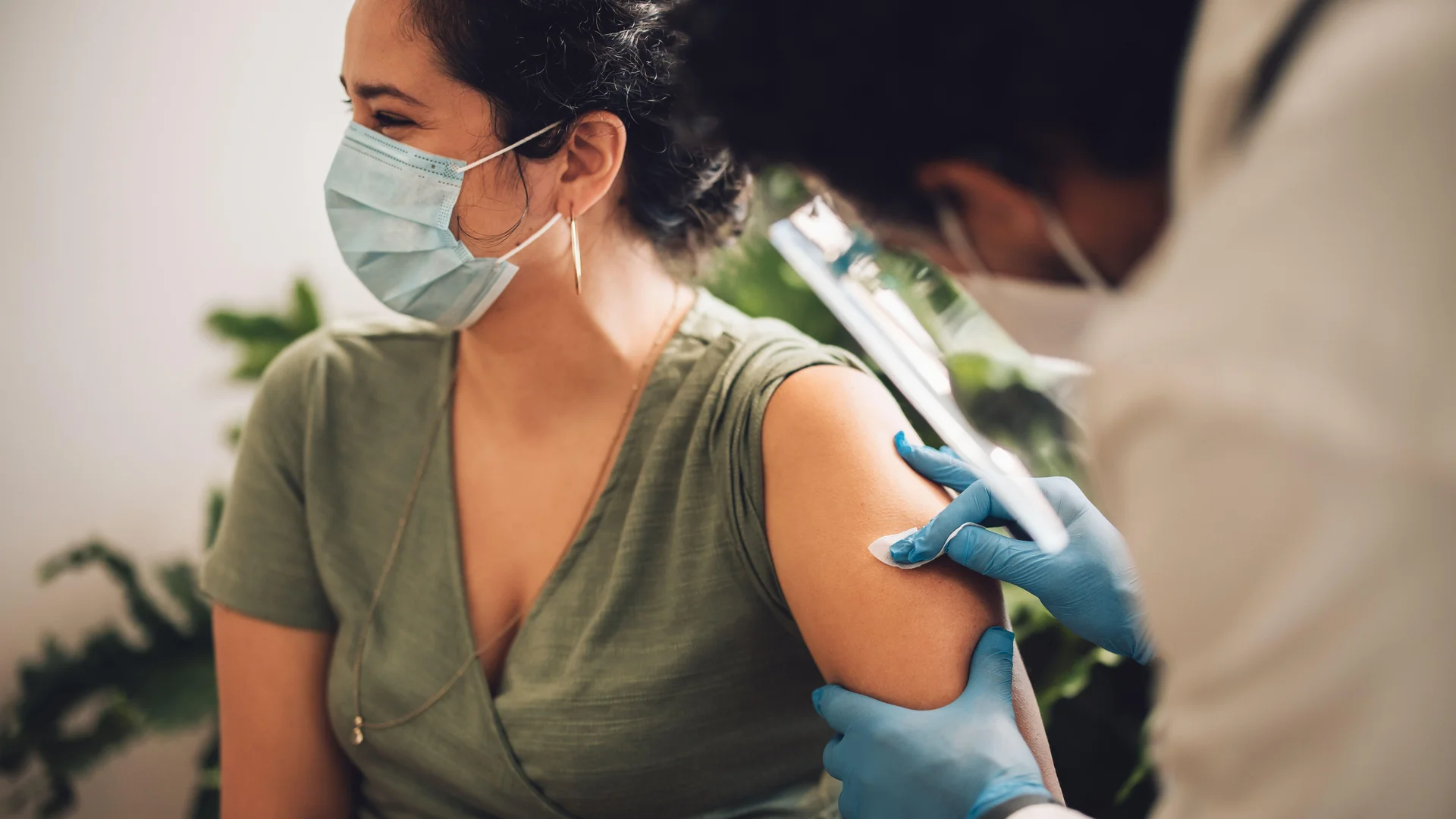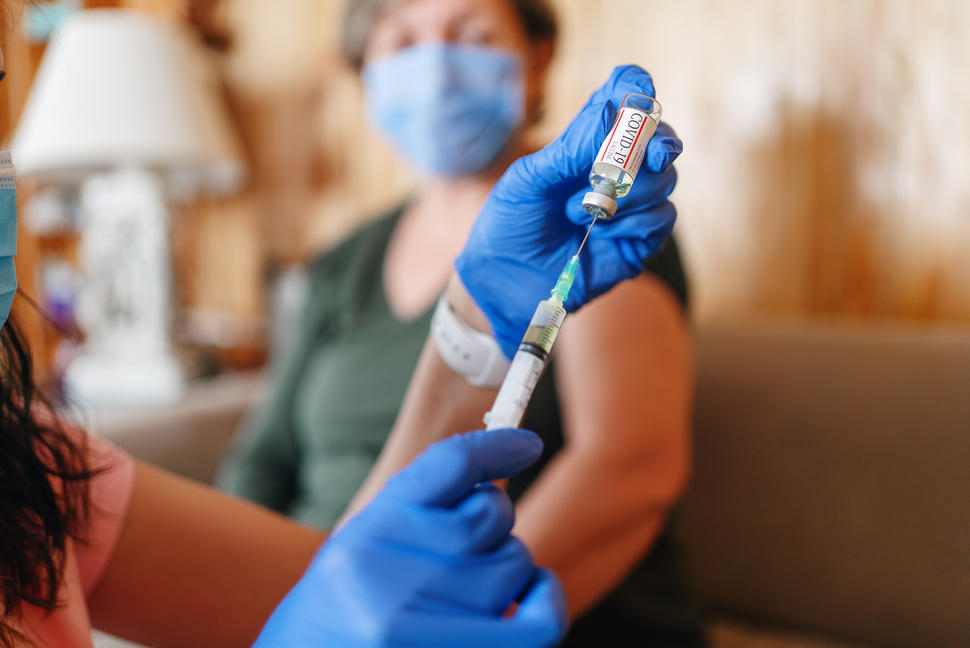
Booster shots have become an essential part of the COVID-19 vaccination strategy, providing an extra layer of protection as the pandemic continues to evolve. With new variants of the virus emerging and the immunity from initial vaccinations potentially waning over time, booster shots play a critical role in maintaining high levels of immunity. In this article, we’ll explore why booster shots are important and who should consider getting them to stay protected against COVID-19.
What Are Booster Shots?
Booster shots are additional doses of a vaccine administered after the initial series of vaccinations. In the case of COVID-19, most people received their primary series of vaccines, typically two doses of the vaccine, followed by a booster shot to reinforce immunity.
Booster shots help to increase the immune system’s ability to fight off the virus by enhancing the body’s immune response, especially as the immunity from the first doses begins to decrease over time.
Booster doses have been recommended for those who received their initial COVID vaccination several months ago, particularly as the effectiveness of the vaccine diminishes, leaving individuals more susceptible to infection and severe outcomes. These boosters help to prevent severe illness, hospitalisation, and death, which can occur due to reduced immunity.

Why Are Booster Shots Important?
The main reason why booster shots are so important is to ensure continued protection against COVID-19. Research has shown that immunity from the initial vaccination series, although strong at first, can weaken over time. This decline in immunity means that individuals who are not boosted are at greater risk of contracting the virus, and more importantly, developing severe symptoms if infected.
With the appearance of new variants of COVID-19, such as the Omicron variant, vaccines have been updated to target these strains more effectively. A booster shot helps the body to better recognise and respond to these newer variants, which may not be as well-targeted by the initial doses.
Booster shots have proven to be highly effective in reducing the severity of COVID-19 infection, particularly for high-risk individuals, such as older adults, people with underlying health conditions, and healthcare workers. They help maintain a robust immune defense and decrease the likelihood of hospitalisation or death, especially in the face of new and more contagious variants.
Who Needs a Booster Shot?
While everyone who has completed their COVID vaccination is encouraged to consider getting a booster shot, certain groups of people are especially recommended to receive them. These include:
- Elderly individuals: Older adults, especially those aged 60 and above, are at higher risk for severe complications from COVID-19. Booster shots provide them with enhanced protection against the virus.
- Individuals with underlying health conditions: People with chronic conditions, such as heart disease, diabetes, and respiratory illnesses, may have weakened immune systems, making them more vulnerable to severe COVID-19 outcomes. Booster shots are crucial for them to maintain a high level of protection.
- Healthcare workers: Those working in healthcare settings are at an increased risk of exposure to COVID-19. Boosters help ensure that they remain protected and do not contribute to the spread of the virus in these critical environments.
- Immunocompromised individuals: People with weakened immune systems, whether due to medical treatments or conditions such as cancer, may not produce enough immunity from the initial vaccination. Booster shots help provide them with stronger protection against the virus.
- People living in high-risk settings: Individuals living in congregate settings like nursing homes, dormitories, or prisons are more susceptible to outbreaks and should receive boosters to reduce the risk of widespread transmission.
How Soon Should You Get a Booster Shot?
The timing for receiving a COVID booster shot can vary depending on when you received your initial vaccinations and which vaccine you received. In most cases, health authorities recommend waiting at least 3 to 6 months after the completion of the primary series before getting the booster shot.
However, specific guidelines can vary by country and the type of vaccine used. It’s best to consult with a healthcare provider or local health department to determine the right time for your booster.
COVID Vaccination and Booster Strategy
The effectiveness of the initial COVID vaccination series is still a vital part of the fight against the pandemic. However, the booster shot is a critical component of the overall strategy for ongoing protection.
Booster shots complement the initial vaccination by providing an added defense against the virus, especially with the emergence of new variants that may reduce the protection provided by earlier doses.
Studies have shown that individuals who receive a booster shot are more likely to experience mild or asymptomatic infections, and they are less likely to require hospitalisation or intensive care. The COVID vaccination strategy, including boosters, aims to reduce the overall burden of the disease on healthcare systems and improve public health outcomes.
Conclusion
Booster shots are a necessary part of maintaining immunity against COVID-19, particularly as immunity from the initial vaccinations wanes and new variants emerge. They are particularly important for vulnerable groups such as the elderly, healthcare workers, and those with underlying health conditions. Receiving a booster shot significantly enhances your protection against severe illness, hospitalisation, and death, contributing to both personal and community-level immunity.




